My postcard for September was littered with photos of rolling green hills, impossibly blue skies, and sun-flecked seas. However, you won’t be seeing much sunshine in this month’s postcard.
The sunshine was the anomaly, not the rain, I found out after speaking with the two pleasant staff who served my breakfast in no hurry at all. In fact, the monsoon season wraps from about late May or June all the way through to January or so, leaving only a precious few months for bright sun.
The island is perpetually battered by storms and bad weather, and the hearty and steadfast folk who live there can only survive by forming a fragile connection with the soil, the seas, and each other.
Until recently, just about every Ivatan (the island’s indigenous inhabitants) made a living as a fisherman or a farmer, as the volcanic soil is particularly fertile for growing garlic, various sweet potatoes, and a dark green fern for greens, as well as grazing cattle.
That’s changed over the years, as the backbreaking work and extreme risk make life as a fisherman less appealing. These days, the youth aren’t eager to learn the traditional “Kalusan” work songs, chanted in the fields or while rowing, as well as how to tie a knot or how to track and net schools of flying fish. When they are old enough, the young adults usually leave for the mainland cities and never come back.
Tourism has become a better source of income for the locals and Ivatans over the past decade.
It dawned on me…so THAT’S why I found such cheap airline tickets to Batanes, as I only paid 7,000 Pesos roundtrip when they normally went for 10-18k each way. And THAT’S why I hadn’t seen any other patrons in my lodge, which probably had thirty rooms. I looked around…I was the only one sitting in the basement restaurant.
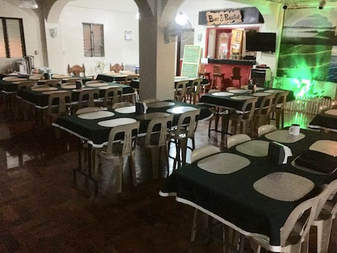
“Right now?” she scanned the empty restaurant. “Two. Just you and another nice couple from Manila.”
Uh oh.
“We’re supposed to get a big group coming in on Wednesday’s plane, but I don’t know if they’ll come in because of the typhoon.”
She took my plate of pancake crumbs, still humming her tune.
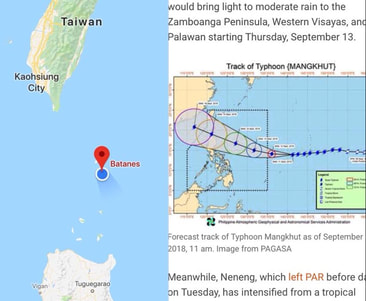
“Yes, we have a low-pressure system coming in,” she said looking up at the lone television playing weather reports from the mainland.
“When is it supposed to hit?” I asked, the pancakes suddenly like lead in my stomach.
“Which one?”
“The typhoon,” I answered.
“Yes, which one?”
“Wait, there’s more than one?!”
Indeed, I found out that there were not one but two typhoons rolling into, over and through Batanes, a smaller one the next day... and a big one later that week.
The rest of that day, I decided to take advantage of the incessant rain and relax in my room, getting some work done and watching movies. Maybe it would get sunny later that afternoon?
Sunday morning, despite my high hopes, it was raining even harder. The endless horizon wasn’t even visible anymore, as a slate gray wall of rain blew sideways across the ocean, slamming into the town.
I made a decision sitting at breakfast, where I was still the only one since all of the flights into Batanes had been canceled: the show must go on. The rain would probably never stop while I was there, and I was going crazy of boredom sitting in my room watching my clothes dry.
So, I arranged a tour that day to go see the southern portion of the island, since I had already traveled around the north on my first (sunny) day.
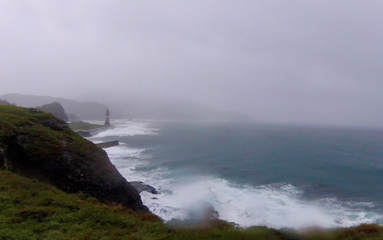
But, instead of the shelter of a comfy van like the bigger hotels offered (and the richer tourists hired), we would embark on our soggy and windblown adventure on a trike, which is a motorcycle with a little sitting cage as its sidecar, totally open and exposed to the elements.
I didn't even try to put on rain gear because I knew it would do no good, wearing board shorts, flip-flops (they call them "Canellas") and a basketball jersey under my windbreaker.
The driver, a skinny native with bad naval tattoos who looked to be around 50 but I found out was 35, was even more ill-prepared, wearing jeans, a cotton tank top, a fake gold chain and sunglasses beneath his weathered baseball cap.
We set out into the squall along the main coastal highway, which was nearly empty. Within minutes, we were both soaked to the skin, and gave up on trying to stay dry as the rain pushed our trike off course.
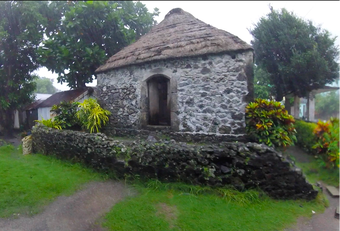
The roof had been replaced many times, of course, but the hut was built in 1877, just referred to as the “House of Estrella” or the “House of Dakay” after Jose “Dakay” Estrella, the man who inherited it from family.
While you may think that 1877 isn’t so impressive as the oldest building in Batanes, keep in mind that the island is continuously hammered by storms and even typhoons of near-Biblical proportions, like Typhoon Meranti (known as ‘Ferdie' locally) in 2016 that nearly wiped the island off the map, or an 8.3-magnitude earthquake in 1918 that leveled just about every structure on the island – except this one stone hut.
Our next stop was the Honesty Café, which I was excited to visit. I’d heard of this unique little coffee shop, where patrons came in and served themselves to coffee, tea, and baked goods, leaving their payment in a cash box, working on the honor system.
The Honesty Café was started by a local school teacher, Elena Castaño-Gabilo, who set up this little café decade earlier when she retired. However, soon after opening it, she was pulled away when helping on her family’s farm became the priority.
The thought of a store that works on the honor system isn’t so far-fetched when you consider that she lived in a tiny community of a couple hundred people where everyone knew each other. Likewise, Ivatan society is exceptionally egalitarian, emphasizing the respect of nature and each other. Elders are highly revered, and discrimination based on race, skin color, or even sexual orientation is virtually nonexistent. Everyone working in concert with each other and the land, and symbols such as thunderbolts, waves, the sun, wind, and earthquakes are powerful talismans in their artwork.
So, the Honesty Café grew in popularity over the years, and when tourists caught wind of such a place, it took on a new (and highly profitable) life of its own. We all want to live in a world where such a place still exists!
After my water-logged driver and warmed up with a hot cup of instant coffee and a few cookies, I even went behind the counter and washed and dried our dishes before we headed back out, overpaying into the cash box just because I love the concept so much.
Our two-person caravan carried on as the road led us to an even more remote part of the island, the storm picking up in intensity around us. Soon, we reached Itbud, a cluster of houses so small that it’s classified as a “populated place,” not even a village. Officially, Itbud now is home to 482 residents, a huge jump from 2010, when there were only 463 people living there.
They were all making preparations, busy carrying rope or plywood back and forth along the road, leading their cows to shelter, and stocking up on provisions. Even their one school was let out early when the church bell rang.
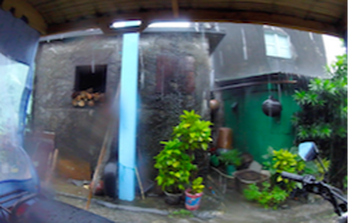
“We go into the mountains now,” he answered, kick-starting the motorcycle, eager to get rolling before I was even fully on board. I realized that he wasn’t going to cancel our tour no matter what conditions we faced, as he was desperate for the $18 fee, although just a pittance to me.
Before I could voice my reservation that we should err on the side of caution and assure him that I was happy to pay in full, only five minutes outside of the village along the two-lane main road, we ran into a bigger problem.
With a mighty rumble, the hillside dislodged, and a wall of mud and water came rushing down at us.
-Norm :-)
P.S. I'll tell ya all about it next month!
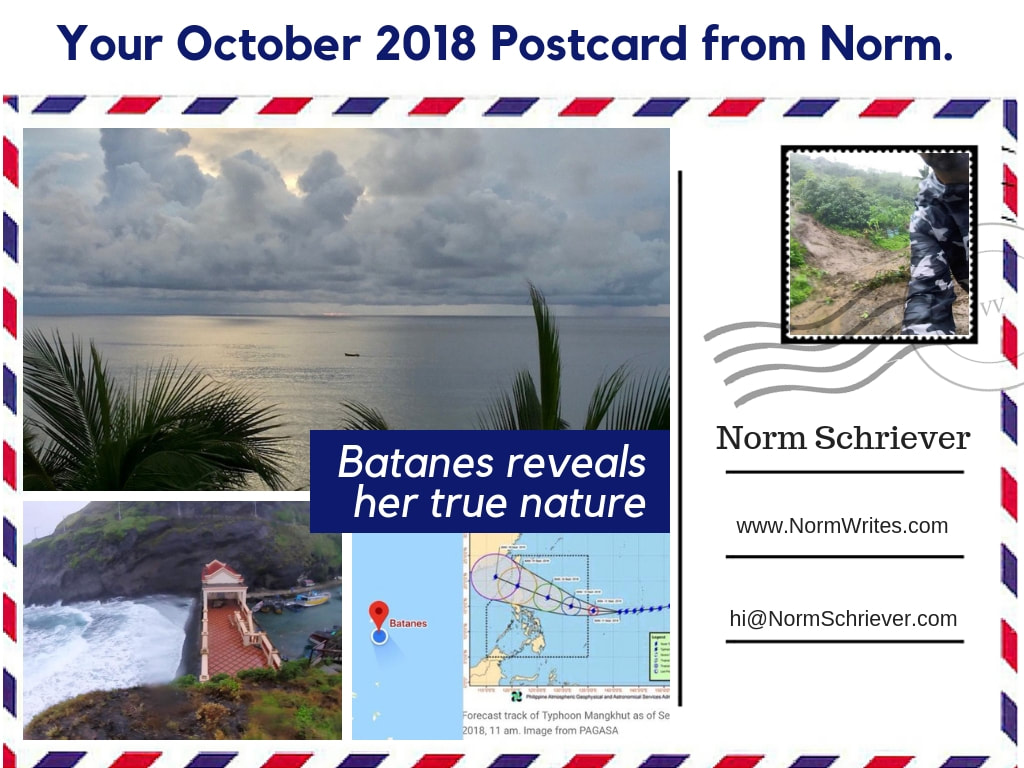
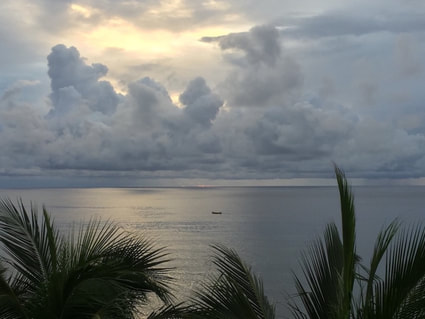
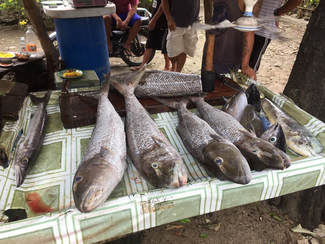
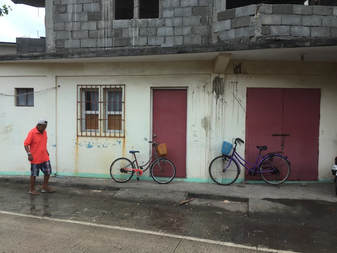
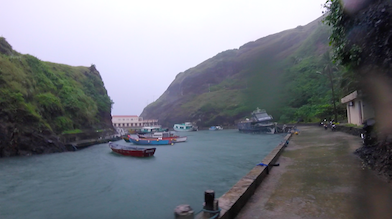
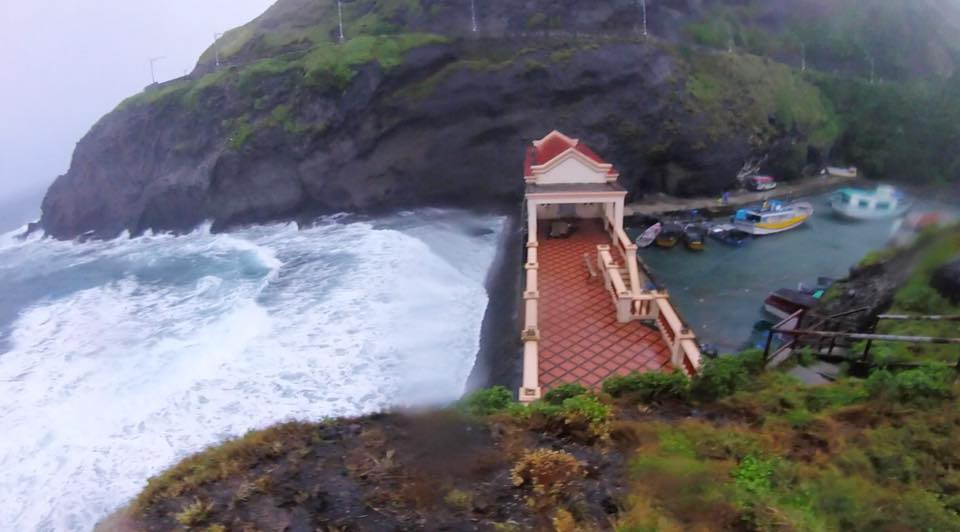
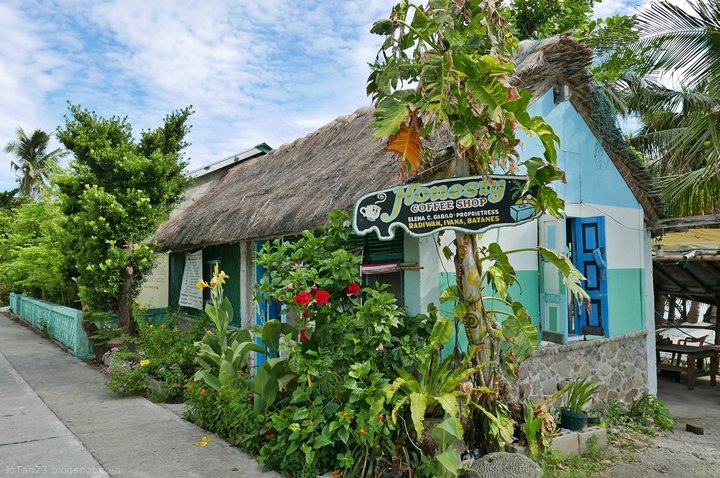
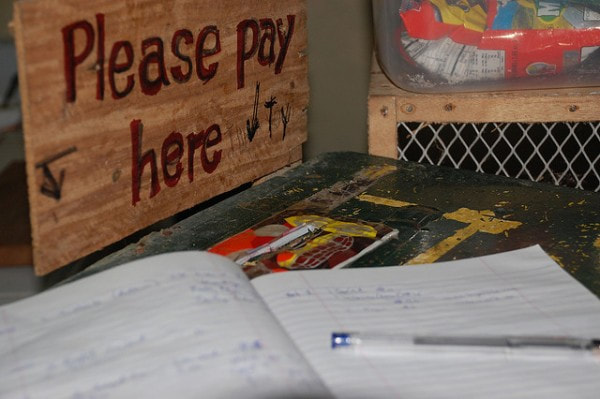


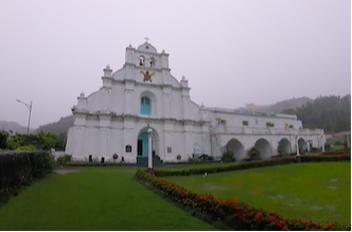
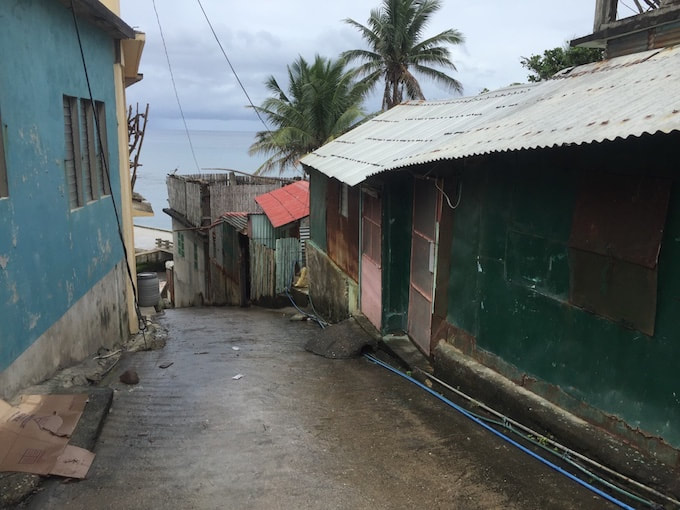
 RSS Feed
RSS Feed